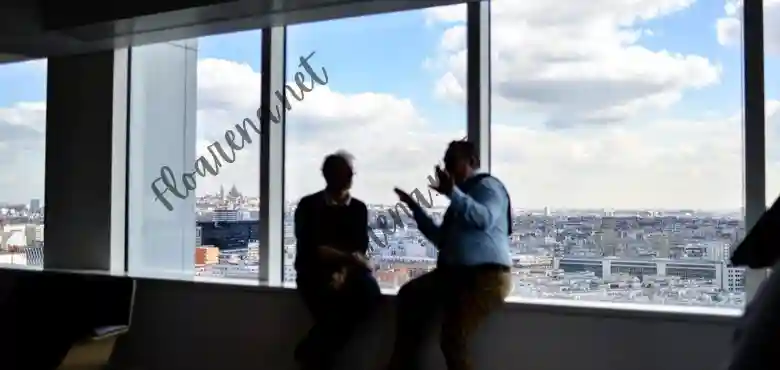Choosing the right commercial windows for your business can transform your space. Windows impact the look, feel, and efficiency of your building. They allow natural light to flow in, create a welcoming environment, and improve energy efficiency.
Types of Commercial Windows
Commercial windows come in different types, each serving unique purposes. Fixed windows are non-operable, perfect for areas that need light but not ventilation. Sliding windows offer ease of use and are great for offices and retail spaces. Casement windows swing open like a door, providing maximum ventilation. Awning windows open outward from the bottom, allowing airflow even during light rain. Curtain wall systems are large glass panels that offer sleek, modern aesthetics for skyscrapers and large buildings.
Materials for Commercial Windows
The material of your windows affects durability, insulation, and aesthetics. Aluminum is strong and lightweight, often used in modern designs. Vinyl is affordable and low-maintenance, making it a popular choice. Wood offers a classic look and excellent insulation but requires regular upkeep. Fiberglass is durable, energy-efficient, and withstands harsh weather conditions.
Energy Efficiency
Energy-efficient windows reduce heating and cooling costs. Double and triple-glazed windows provide extra insulation. Low-E coatings reflect heat while allowing light to pass through. Thermal breaks in window frames prevent heat transfer, keeping your interior comfortable.
Safety and Security
Security is crucial when choosing the right commercial windows for your business. Tempered glass shatters into small, harmless pieces when broken. Laminated glass holds together, even when cracked, providing extra protection. Reinforced frames add durability and strength.
Customization Options
Customization helps you get the perfect fit. Windows can be made in various sizes and shapes. Tinted and frosted finishes add privacy and style. Choose between operable and fixed windows to suit different areas of your building.
Cost Considerations
Consider both initial costs and long-term savings. Energy-efficient windows may cost more upfront but save money on utility bills. Regular maintenance extends the life of your windows, reducing replacement costs.
Installation Process
Choose an experienced contractor for installation. The process involves measuring, ordering, and fitting the windows. Timelines vary based on project size. Common challenges include delays in material delivery and unexpected structural issues.
Legal and Building Code Requirements
Ensure your windows meet fire safety, energy, and accessibility regulations. Failure to comply can result in fines and delays.
Maintenance and Longevity
Regular cleaning and inspections prevent damage. Address small repairs immediately to avoid costly replacements. Weatherproofing extends the lifespan of your windows.
Benefits of Upgrading Commercial Windows
Upgraded windows enhance building aesthetics, increase property value, and improve employee comfort. Modern designs provide better insulation and noise reduction.
Common Mistakes to Avoid
Avoid neglecting energy efficiency, overlooking local regulations, and choosing the wrong material. These mistakes can lead to increased costs and compliance issues.
Conclusion
Choosing the Right Commercial Windows for Your Business is vital for enhancing your space’s aesthetics, energy efficiency, and security. By understanding different window types, materials, and customization options, you can make informed decisions that improve functionality and appeal. Prioritize energy efficiency, safety, and compliance with legal requirements to ensure long-term benefits. Investing in high-quality, well-installed windows not only reduces costs but also boosts property value and employee comfort, making it a wise business decision.






